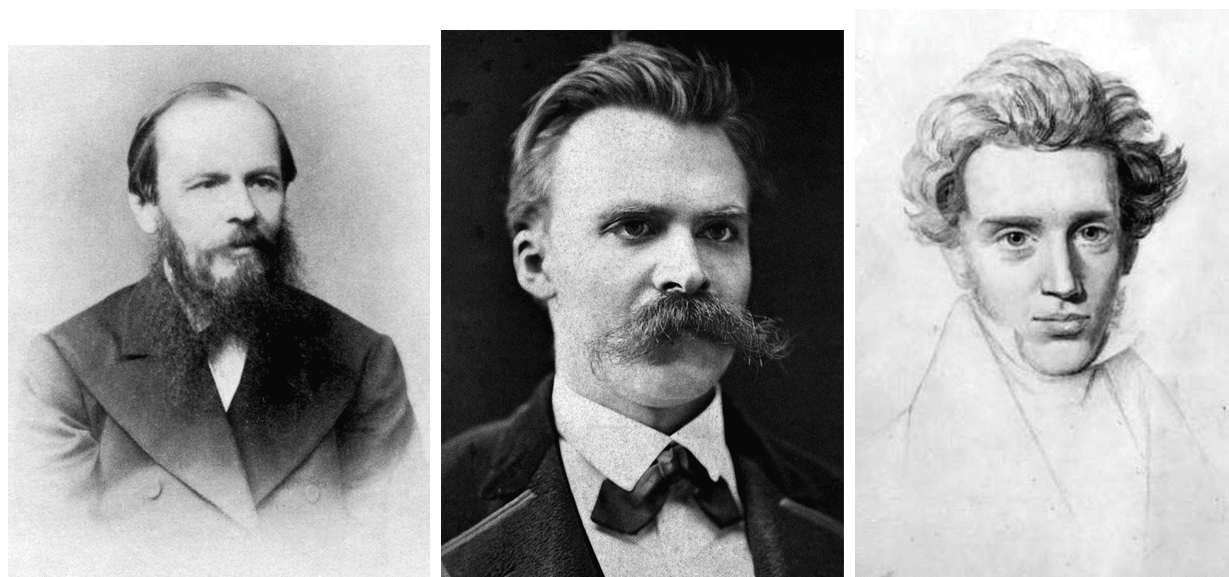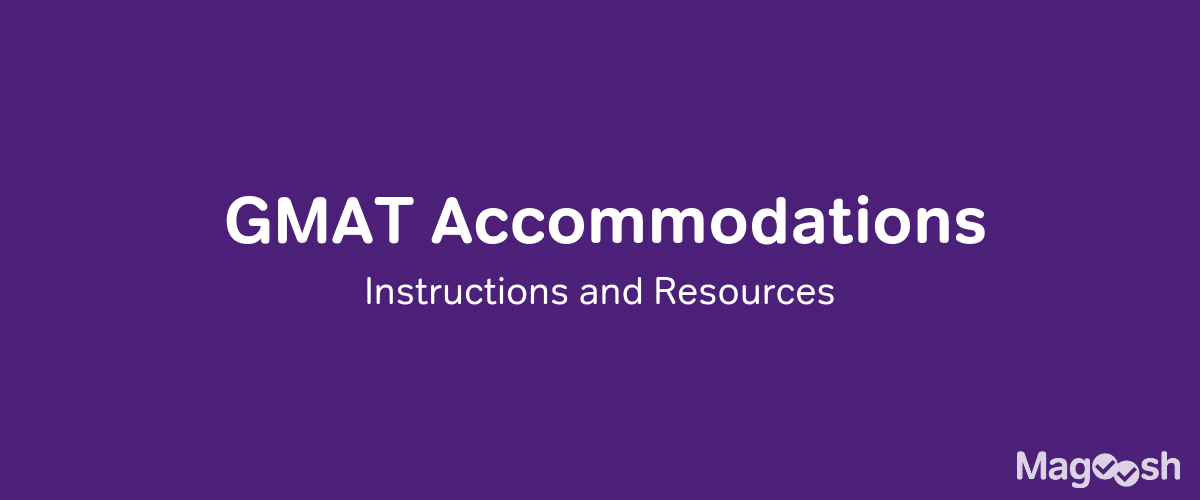The broad topic of Agreement on GMAT Sentence Correction covers two general areas: (a) the agreement of pronouns and their antecedents, the subject of another post; and (b) subject-verb agreement, the subject of this post. To begin, here are a few exemplary practice SC problems.
1) The People’s Republic of China, having 1.3 billion people, with many of which living in outlying rural areas far to the west of Beijing, often have been considered as an emerging superpower.
(A) having 1.3 billion people, with many of which living in outlying rural areas far to the west of Beijing, often have been considered as
(B) having 1.3 billion people, many living in outlying rural areas far to the west of Beijing, often has been considered as
(C) with 1.3 billion people, many living in outlying rural areas far to the west of Beijing, often has been considered
(D) with 1.3 billion people, with many of them living in outlying rural areas far to the west of Beijing, often have been considered
(E) with 1.3 billion people, with many living in outlying rural areas far to the west of Beijing, often has been considered to be
2) Until the time of Cantor’s work on set theory in the 1870s, no serious mathematician anywhere in the world, even the giants in the field, like Leonard Euler and Karl Gauss, were able to appreciate that infinity can be studied with rigorous precision.
(A) even the giants in the field, like Leonard Euler and Karl Gauss, were
(B) not even the giants in the field, such as Leonard Euler and Karl Gauss, were
(C) not the giants in the field, like Leonard Euler and Karl Gauss, was
(D) even the giants in the field, such as Leonard Euler and Karl Gauss, were
(E) not even the giants in the field, such as Leonard Euler and Karl Gauss, was
3) Dostoevsky, whose novels plumbed highly philosophical themes, Nietzsche had a background in classical philology that gave him a unique perspective toward the Western Philosophical tradition, and the Danish Christian writer Kierkegaard were considered the founders of Existentialism.
(A) Nietzsche had a background in classical philology that gave him a unique perspective toward the Western Philosophical tradition, and the Danish Christian writer Kierkegaard were considered the founders
(B) Nietzsche had a background in classical philology giving him a unique perspective toward the Western Philosophical tradition, and the Danish Christian writer Kierkegaard was considered the founder
(C) Nietzsche, whose background in classical philology gave him a unique perspective on the Western Philosophical tradition, and the Danish Christian writer Kierkegaard was considered the founder
(D) Nietzsche, whose background in classical philology gave him a unique perspective on the Western Philosophical tradition, and the Danish Christian writer Kierkegaard were considered the founders
(E) Nietzsche, who had had a background in classical philology that was giving him a unique perspective with the Western Philosophical tradition, and the Danish Christian writer Kierkegaard was considered the founder
4) Neither the W± and Z particles, the massive gauge bosons of the Weak interaction, and like the gluon, do not act over distances larger than the scale of the atom.
(A) and like the gluon, do not act
(B) and like the gluon, act
(C) nor the gluon, does not act
(D) nor the gluon, act
(E) nor the gluon, acts
Verbs & agreement
The four major properties of verbs are tense, mood, voice, and number. There are all kinds of tenses, including perfect tenses and progressive tenses. For more on verb mood, read about the subjunctive. For more about voice (i.e. active vs. passive), read those posts.
Verb number has to do with whether the verb is singular or plural — for example, “has” is singular and “have” is plural. This distinction is present in the simple present tense for all verbs (“she has” vs. “they have“), but not in the simple future for any verb (“he will have” & “they will have“) and not in the simple past (“she had” & “they had“) for any verb other than forms of “to be” (“he was” vs. “they were“). In other tenses, whether verb number is an issue depends on the auxiliary verbs of that tense.
Quite simply, in cases in which distinctions of verb number are meaningful, singular subjects must have singular verbs, and plural subjects must have plural verbs. Very easy, right? Well, true, as long as we have very simple sentences (“The dog is hungry” vs. “The dogs are hungry“), then everything is peachy. Of course, this is not where the story of Agreement on the GMAT Sentence Correct ends!
Collective nouns
One tricky issue concerns collective nouns. A collective noun is any noun that represents a larger category containing several people or items. Collective nouns include places where people live (city, county, state, country, etc.); teams; companies; organizations; armies; committees; clubs; political parties; baggage; collections; categories; assemblages; etc. If I say “France” or “IBM” or “the United States Navy” or “the Greek Orthodox Church“, all of those are categories that contain a large number of people, but all of them are singular nouns, and therefore demand both singular verbs and singular pronouns. Folks think of all the people within those categories and are tempted to use plural verbs and plural pronouns: this is one of the GMAT favorite traps.
Be careful with this, especially when the subject and the verb or pronoun are separated by long modifying clauses. One of the questions above exploits this particular trap.
Notice also, some collective nouns, especially sports teams names (e.g. “the New York Mets!!!”) are expressed as plurals, and this trap is not relevant for these.
Subject with “and” or “or”
If two or more nouns are joined by the word “and”, then they all are part of the subject, so of course, the subject is plural and takes a plural verb. Be careful if the subject P and Q is separated —- P [long modifying clause] and Q.
The word “or” and its cousins “either … or” and “neither … nor” are a little trickier. If both pieces are singular, then use a singular verb. If both pieces are plural, then use a plural verb. What if we have one singular term and one plural term joined by “or” or one of its cousin? This is one of the more mind-blowing and anti-intuitive rules in all of grammar. If the two pieces of an “or” construction differ in number, then the verb number reflects the noun nearest to the verb.
Subject with indefinite modifiers
We can talk about “no student“, “some students“, “most students“, “each student“, “every student“, or “all students“. It’s pretty easy to figure out — the ones that have “student” are singular and the ones that have “students” are plural. This becomes trickier if a modifying phrase or clause intervenes (“no student, not even ….”, “each student, including …”), but of course, whether the nouns in the modifier are singular or plural doesn’t affect the verb — the verb must agree in number with the subject and only the subject.
When indefinites are used as pronouns, things get very dicey. Some, such as “each” or “every“, are always singular. For other (all, none, some, any, more, most), the relevant noun, often the object of the preposition “of“, will reveal the number of the pronoun. For example — “all of the students“, “none of the students“, “some of the students“, “any of the students“, “more of the students“, “most of the students” — all plural; “all of the cake“, “none of the cake“, “some of the cake“, “any of the cake“, “more of the cake“, “most of the cake” — all singular. For more information, see Indefinite Pronouns and Agreement.
Summary
If you had any “aha!” moments while reading this, you may want to revisit the questions above before reading the solutions below. Here’s another question, from inside the Magoosh product:
7) http://gmat.magoosh.com/questions/3273
If you would like to share any thoughts, let us know in the comment section below. 🙂
Explanations for practice problems
1) Split #1: China has a ton of people, but the name of the country itself is singular. Singular subject demands a singular verb, “has been“. Answers with the plural verb, “have been“, (A) & (D), are incorrect.
Split #2: idiom with — In 99.9% of GMAT SC problems, the structures “consider P as Q” and “consider P to be Q” are both idiomatically incorrect. The correct idiom is “consider P Q“, with no preposition or intervening words between the two nouns. Only choices (C) & (D) have this correct.
The only exception to this rule is if one of the more complex options above is your only choice, and all other alternative choices are flawed. It’s rare that this happens, but I do know of one instance offhand: in the 2017 GMAT official guide, question #747 has the pattern “consider A to be B” in every answer choice. Again though, this is very rare. So unless you have a clear reason to do otherwise, think of “consider A B” as correct and “consider A as/to be B” as wrong.
Split #3: the structure of the modifier. What happens after the word “people” varies —
(A) “with many of which living …” — very awkward, not correct
(B) “many living …” — correct & elegant, an absolute phrase
(C) “many living …” — correct & elegant, an absolute phrase
(D) “with many of them living …” — very awkward, not correct
(E) “with many living …” — awkward, not acceptable on the GMAT
The only possible answer is (C).
2) Split #1: the subject, “no serious mathematician“, is singular. Thus, it demands a singular verb, “was“. Choices (A) & (B) & (D) make the mistake of using “were“, so these are incorrect.
Split #2: listing examples. For a list of examples, the GMAT disapproves of “like“, and prefers “such as“. The choices that use “like Leonard Euler and Karl Gauss” are incorrect. Choices (A) & (C) make this mistake.
Split #3a: logic mistake. After the comma after “no serious mathematician“, we need to repeat the negative. Choices (A) & (D) don’t do that.
Split #3b: a subtle logic mistake involving the word “even“. If we say, “no serious mathematicians anywhere in the world, not giants such as Euler and Gauss“, then something is funny —- the phrase “serious mathematicians anywhere in the world” sounds like a large inclusive category, but “giants such as Euler and Gauss” sounds like a smaller elite group. Without the word “even“, we are equating these two groups, and something is awkward and not right about this. Including the word “even” resolves this problem: it clearly distinguishes the larger, more inclusive category, from the special case elite group. The correct answer needs to include the word “even“. This is another problem with answer choice (C).
The only possible answer is (E).
3) Split #1: Parallelism. The three men must be in parallel. Dostoevsky is followed simply by a noun modifier, so Nietzsche can’t have his own full verb — choices (A) & (B) make this mistake. The other choices correctly follow “Dostoevsky, [noun modifier]” with “Nietzsche [noun modifier]”.
Split #2: The three nouns, in parallel joined by “and“, are a compound subject. This subject — Dostoevsky, Nietzsche, and Kierkegaard — requires a plural verb “were considered the founders“. Choices with the singular version, “was considered the founder“, are incorrect. Choices (B) & (C) & (E) make this mistake.
Split #3: the idiom with perspective. The correct idiom is “perspective on“, not “perspective toward” or “perspective with”. Only (C) & (D) get this correct.
Split #4: verb tenses. In choice (E), the verbs “had had” and “that was giving” are not correct for this context. This is another problem with answer choice (E).
The only possible answer is (D).
4) A fun question about particle physics!
Split #1a: the correct idiom is “neither … nor“. Since the “neither” appears before the underlined section, we absolutely need a “nor” in the underlined section. Having a “neither” with “like” in the place of “nor” is incorrect, and choices (A) & (B) make this mistake.
Split #1b: given the structure “neither [plural] nor [singular]”, we need a singular verb. Choice (D) has the plural verb “act”, so it is incorrect.
Split #2: the “not” in choice (A) is unclear, because the structure of (A) is inherently incorrect, but the “not” in choice (C) is clearly a double negative: this changes the meaning and is wrong.
The only possible answer is (E).







Leave a Reply